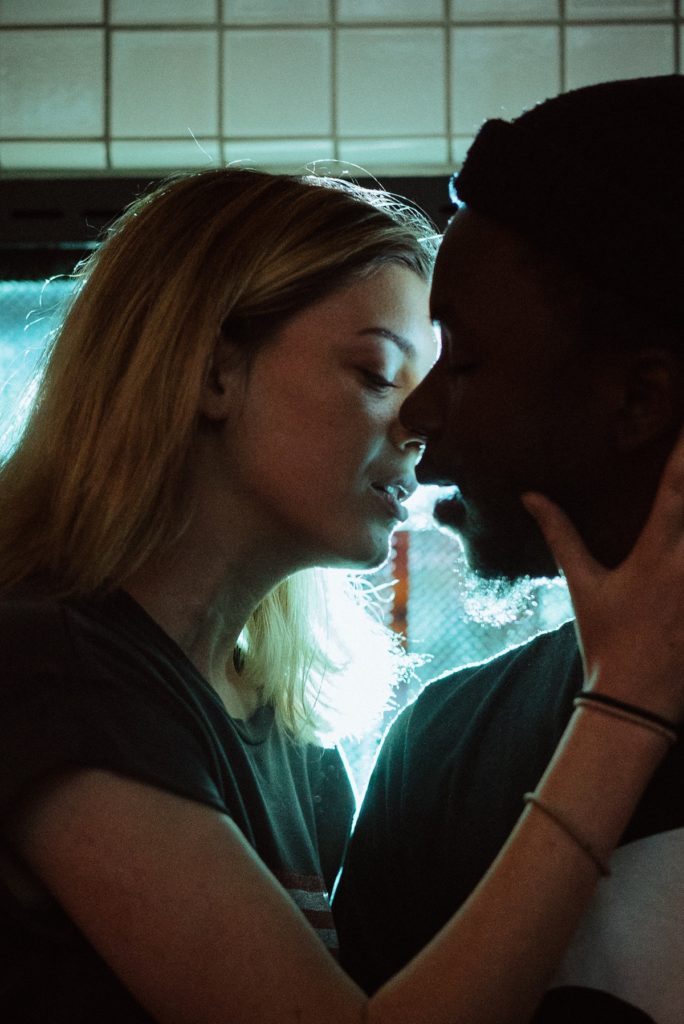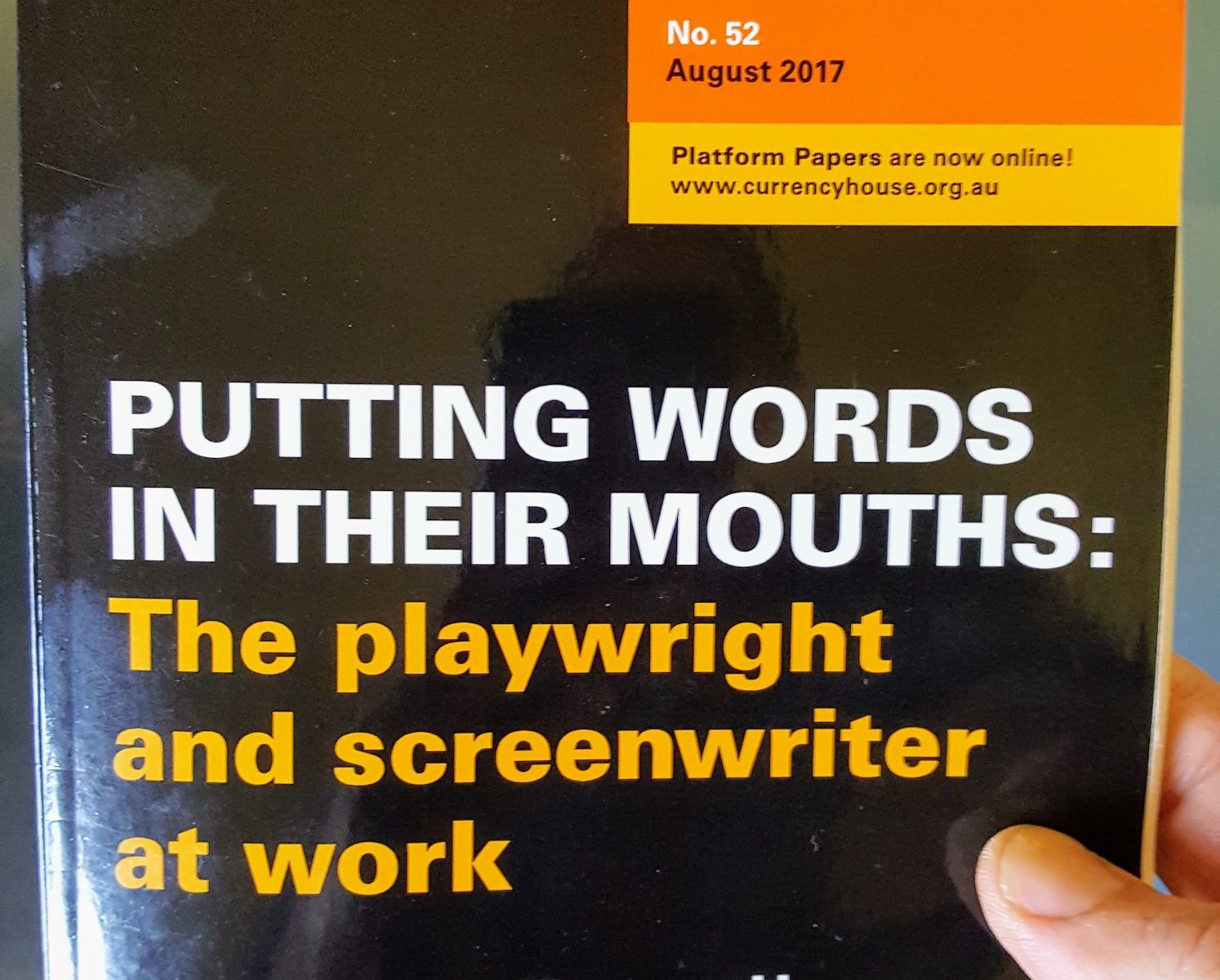A few thoughts on craft #21

There are many ways to come up with characters, but I’m about to share with you my favourite way.
What is the basis of a dramatic character? Most writers will say that the character is wanting and failing to get something, and then does something about it.
So, one shortcut for getting inspiration for an amazing character is to look through the love-wanted classifieds or websites. Continue reading “How to Make a Character Quickly? Look for Love”






